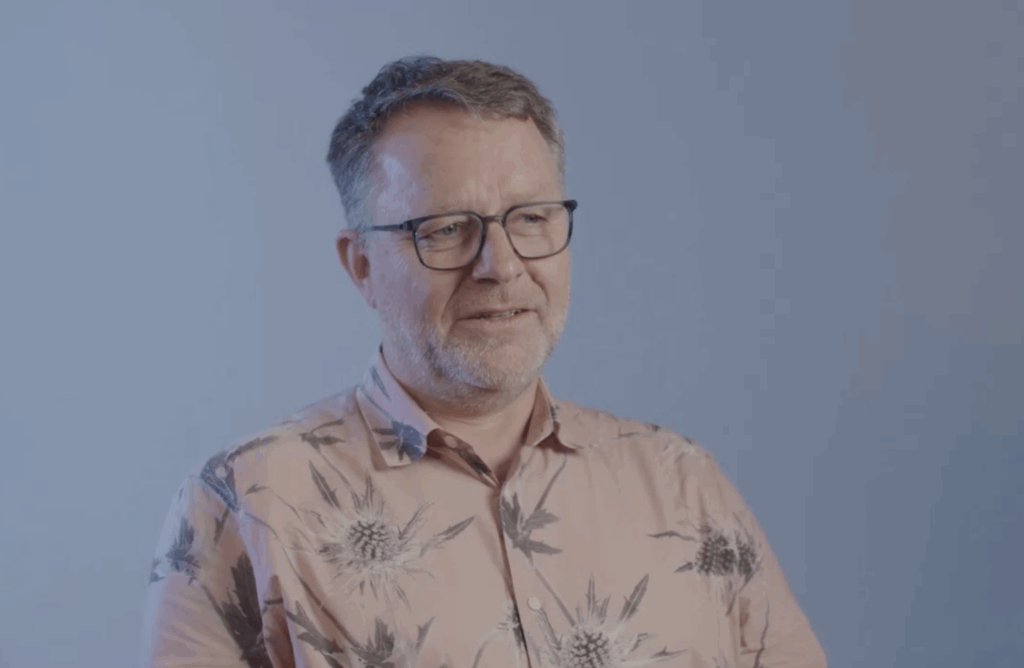
Scaling up lung cancer screening in Germany
Professor Hans-Ulrich Kauczor, Chairman of Radiology at the University Hospital in Heidelberg and the SOLACE project lead for Germany, has dedicated much of his career to improving lung cancer detection and offers valuable insights into the opportunities and challenges of building a national screening programme.
Watch to hear his views on Germany’s experience of developing lung cancer screening, which he shared before Germany announced plans to implement national screening by 2026:
From pilots to a national programme
Germany’s journey began with smaller-scale pilot projects designed to find out how to develop and implement lung cancer screening, taking into account the different healthcare teams that would need to be involved and the steps that are unique to its healthcare system.
When the pilots began in 2021, a law was already in place that allowed screening to proceed. However, much of the work focused on designing procedures, determining how the programme would be organised, and establishing reimbursement processes.
This led to a slower and less coordinated start in Germany, but it also provided valuable insights into gaps in the system and how programmes could be improved when planning for a larger rollout.
By June 2025, Germany announced that it would move forward with launching a national screening programme, with rollout expected to begin in 2026. This decision marks a major step forward.
What challenges did Germany encounter along the way?
A key challenge Germany faced was the lack of a clear European guideline on lung cancer screening. This had delayed national implementation and created uncertainty about how a programme should be structured. Without common standards, screening was limited to individual institutions rather than being coordinated nationwide.
A structured programme is considered essential to achieve the benefits shown in large international trials, such as detecting cancer earlier and reducing mortality. Clear procedures, consistent training, and strong coordination between hospitals, clinics, and general practitioners are all needed to make screening effective and safe.
The SOLACE project is developing a comprehensive guideline and implementation package for lung cancer screening, which will be submitted to the European Union at the project’s end in 2026. This work has already reached an important milestone: after mapping over 250 existing recommendations and completing two stakeholder surveys, 15 guideline modules are now being refined. All key stakeholders from across Europe are working together to build consensus around best practices so that future programmes can be implemented more consistently.
Designing screening that works for those who need it most
Germany’s experience also highlights the importance of making screening easy to join.
For many people, it can be confusing or intimidating to navigate the process, especially when different parts of the health system are involved, such as general practitioners, radiology departments, lung cancer treatment centres, pulmonologists and thoracic surgeons. To encourage and maintain participation in screening, Prof.Kauczor says Germany’s programme must have clear pathways – from invitations, accessible appointments, and good communication across all of these teams – so that people understand each step and feel supported throughout screening and follow-up.
Modern IT systems will also play an important role, helping to track results, manage follow-up care and keep patients informed. By connecting each step in the pathway, screening programmes can provide a better experience for people who are undergoing screening and may already feel anxious about their results.
Learning from experience
Germany’s journey shows that introducing national screening takes time and persistence. The process involved many institutions and organisations working together to plan, test and refine how screening should be delivered, helping build a strong foundation for implementation.
Experience from the SOLACE project and other pilots has shown that different countries need different solutions. With national rollout now confirmed, Germany is preparing to make lung cancer screening available to more people, helping detect cancer earlier and improve treatment outcomes in the years to come.

